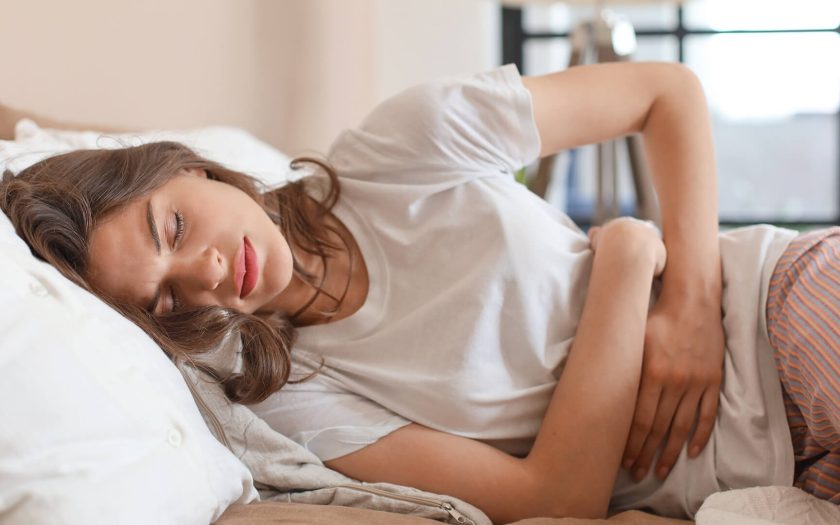You dress too lightly.
Lack of warmth leads to a drop in body temperature, which can cause blood vessels to constrict and impair blood circulation, particularly in the abdominal area. This increases uterine spasms and unpleasant sensations during critical days. Additionally, when it’s very cold outside, the body has to expend more energy to maintain warmth, which can further strain the nervous system and increase stress, negatively affecting well-being. Sometimes people dress lightly because they want to look fashionable or because they are not paying attention to the weather. They don’t often consider how it affects their body or how the sharp temperature change between a warm room and the cold outdoors can impact their physical condition during menstruation. Therefore, it’s important to be more mindful, dress according to the weather, and avoid letting the legs and lower back get cold. Prefer natural fabrics that can retain heat and do not cause discomfort to your skin.
You don’t eat enough healthy fats.
Fats, in particular omega-3 fatty acids, are important for reducing inflammation in the body and maintaining the stable functioning of the systems that control uterine contractions. Foods that contain these fats help to reduce inflammation, which can cause cramps that worsen your condition during these days. As the body can be more stressed in winter, the need for these healthy fats can increase. If your diet doesn’t include healthy fats, it can also cause hormonal imbalances, which in turn increase pain sensitivity. That’s why it’s important to add the necessary fats to your diet at this time of year to promote women’s health. Nevertheless, if you do experience pain on critical days, consider taking Brufen or Noflam.
You frequently suffer from seasonal illnesses.
When the body is weakened, for example, by a cold or flu, and the immune system is under strain, it can worsen your overall state during menstruation. When you are ill, the body spends a lot of energy fighting off infection, which can weaken its ability to cope with pain during menstruation. Additionally, during this time, you may feel overall weakness, fatigue, and increased sensitivity to pain, which is heightened on certain days. Also, treatment for seasonal illnesses, which involves using medications, can have side effects that worsen the condition during menstruation, such as dry mouth or increased fatigue. For this reason, it is important to treat seasonal illnesses promptly and support your immunity to reduce the risk of worsening well-being during menstruation.
You don’t engage in physical activity.
In winter, most people get lazy and done not engage in necessary physical activities. But as a result, this can become one of the main causes of worsening pain during critical days. When you move less, your body may become more prone to blood stagnation in the pelvic organs, which can worsen menstrual symptoms. Insufficient activity also reduces the level of natural “happy hormones” that help reduce pain and improve overall comfort. Therefore, regular exercise, even moderate exercise, helps to reduce discomfort, improve blood circulation and help maintain a good mood during critical days. Choose sports you enjoy; you can even just dance, and that will improve your condition.
You consume more caffeine and alcohol.
During the cold weather, people often try to warm up with a hot cup of coffee or even alcohol. But studies show that such habits can be one of the reasons for the deterioration of women’s health during menstruation. This is because caffeine has a stimulating effect on the body, in particular on blood vessels, causing them to constrict, which can increase pain. In addition, caffeine can contribute to dehydration, which causes more cramps, thus worsening the state of health during this period. Strong drinks also have a negative impact on the body, as they reduce serotonin levels in the brain, which can increase susceptibility to pain. In winter, when the body is already under additional stress due to cold weather and lower activity levels, excessive consumption of these beverages can significantly worsen the overall condition and intensify menstrual pain. Therefore, it is necessary to reduce the consumption of such drinks in order not to worsen your condition.

